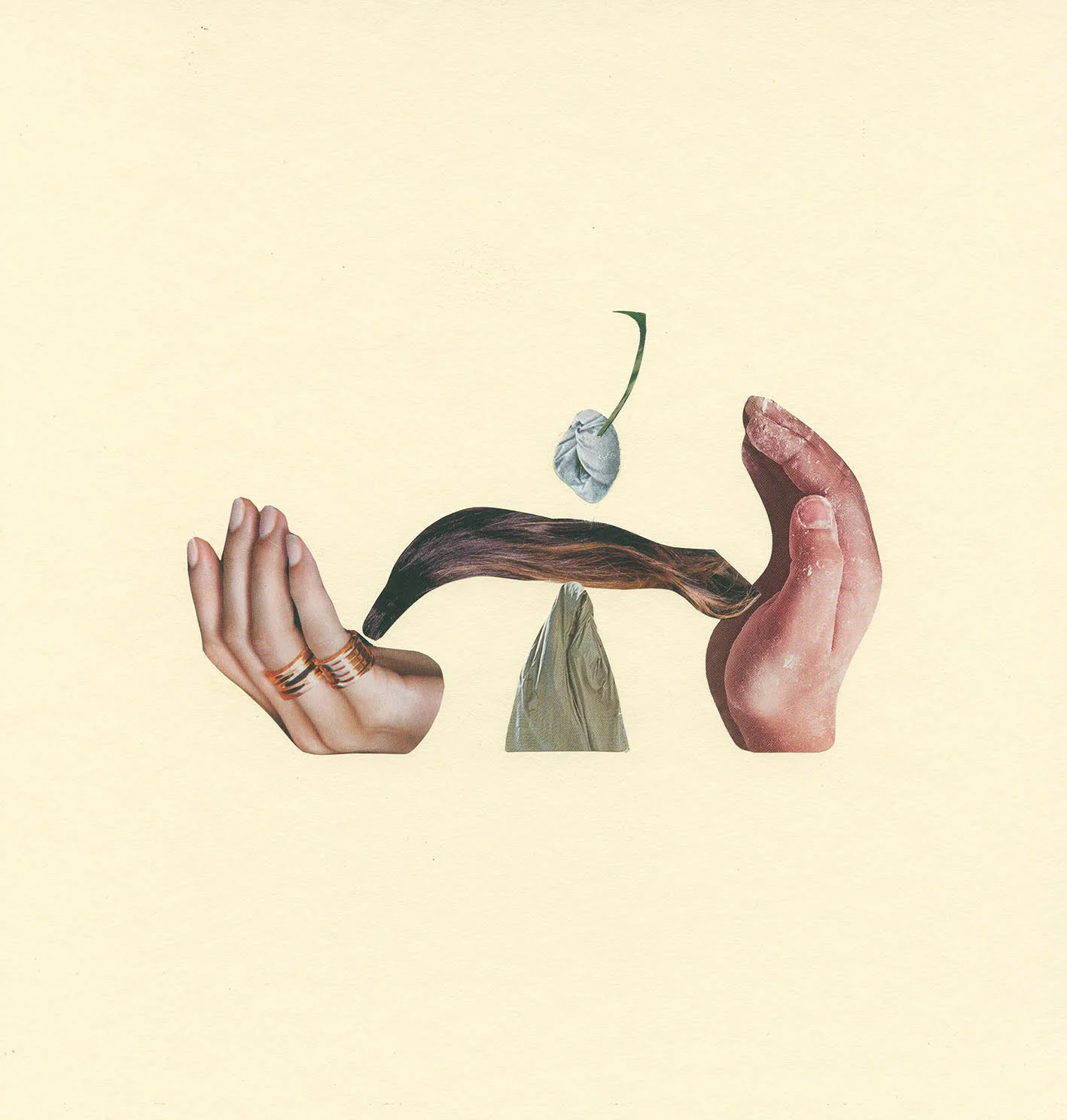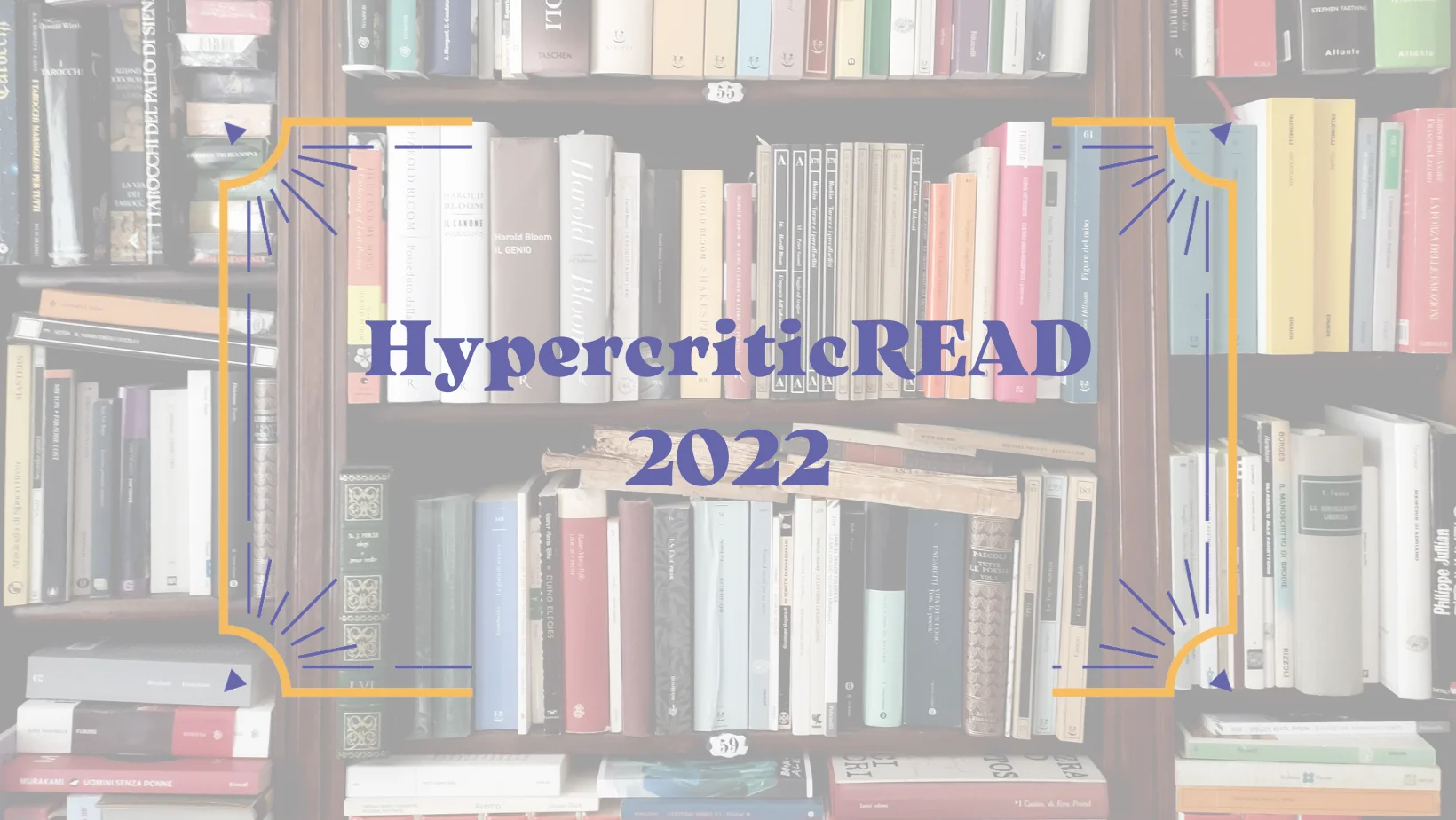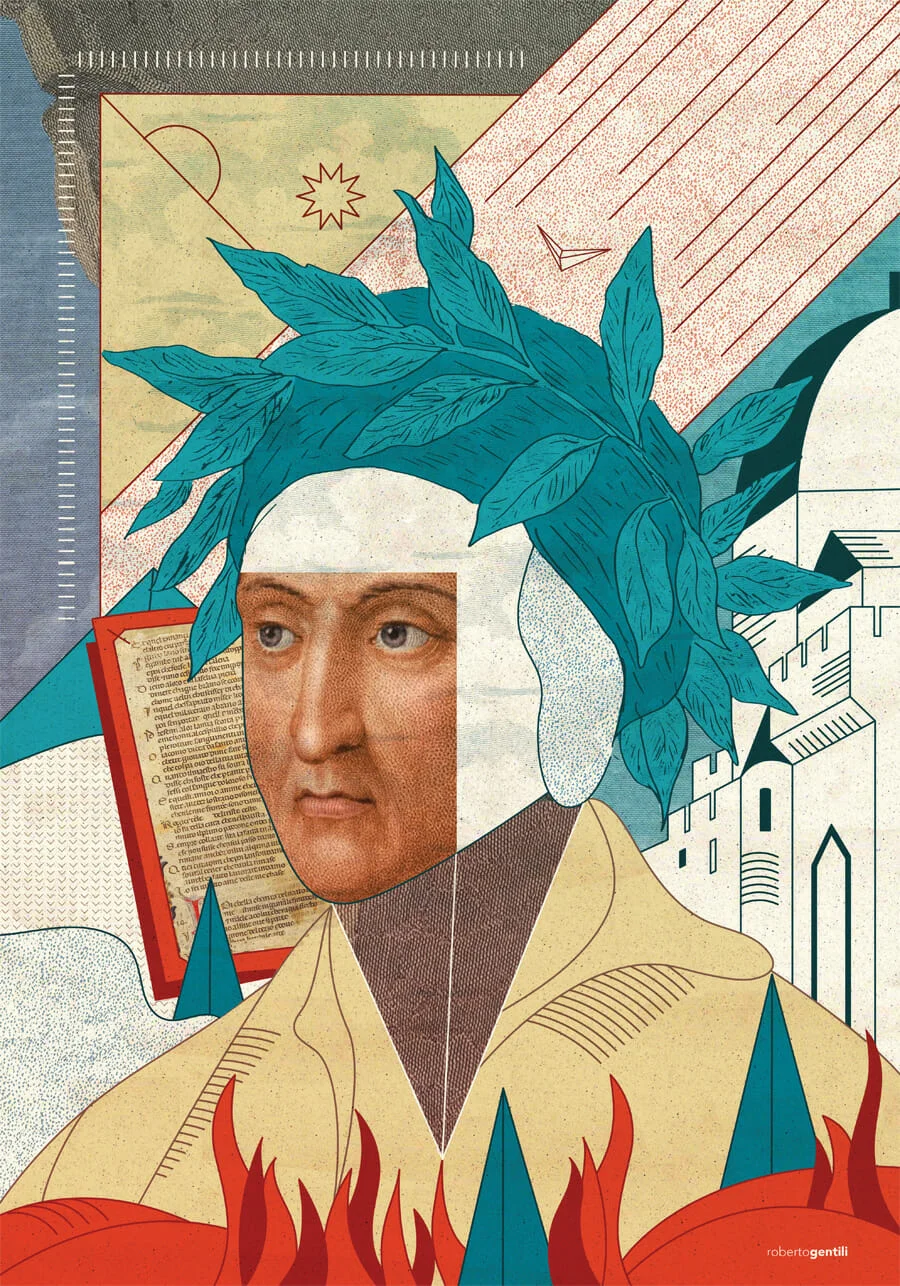
From March 15 to 21, Hypercritic promotes its second Poetry Marathon, with the title The Sound of Poetry. Personalities from all artistic and cultural arenas will read lyrics from 30 countries and 15 languages and dialects. You can follow the event on our social media: Instagram, Twitter, Facebook, and Youtube.
To read and not sing is to focus on the beauty and power of the lyrics of one of the most popular poetic forms in every age and language, the song.
When Bob Dyan received the Nobel Prize for Literature in 2016, the most common reaction was surprise. What does a singer have to do with literature? many wondered, including Dylan himself. The award was given to him “for having created new poetic expressions within the great American song tradition.” For the first time, it became explicit that there is a strong bond connecting poetry and music. Not only do these two arts intertwine, but they share the same core. To conclude his Nobel Lecture, Dylan quoted the incipit of Odyssey, where Homer uses a specific verb to invoke the Muse:
Sing in me, Muse, and through me tell the story
Homer, Odyssey
of that man skilled in all ways of contending,
the wanderer, harried for years on end.
During his speech, Dylan listed many literary works that influenced his artistic path. Among them, Robinson Crusoe, Moby Dick, All Quiet on the Western Front. He explained the characteristics of each text, and how they affected his songwriting.
As a matter of fact, Dylan is not the only musician that novelists or poets inspired. Poetry’s impact on the music industry has always been present and significant. It dates back to operas, and it continues in the contemporary era, with no geographical distinctions.
Homer’s Odyssey and Florence + The Machine: a hero’s journey
Anyone looking for practical evidence regarding the vitality of Homer‘s work in contemporary culture would find them in the publishing market. Madeline Miller‘s mythological novels The Song of Achilles and Circe, written between 2011 and 2018, jumped to the top of the sales charts worldwide in the last two years. But novels are just the loudest proof of this vitality.
From Archaic Smile (1999) onwards, the American poet A. E. Stallings has dedicated her art to the rediscovery of mythological figures. Her confessional poetry, like Miller’s prose, has at its center characters that did not have an independent voice in Homer’s work. But the archetypes of Homeric poetry transcend the limits of literary genres. In 2016, director Vincent Haycock gave life to a short film called The Odyssey. It was the visual transliteration of Florence + The Machine‘s third album How Big, How Blue, How Beautiful.
This short film in nine chapters takes inspiration from more than one literary work. Both Florence Welch, frontwoman of the English indie rock band, and Haycock conceived the film as linked to Dante’s Purgatory. Chapters as layers, the journey as the way to redemption. But, on closer inspection, some videos from The Odyssey suit best the infernal atmosphere from Dante’s Comedy. Conflicts, violence, a car crash, a shipwreck: all is melted with chaos in this story of heartbreak. But, in the end, The Odyssey reflects the happy ending of the Homeric and Dantean journeys. The initial order is reestablished: the protagonist survives the chaos, conflicts, and demons and can go back to life. Homer’s Odyssey’s way out is revenge. Odysseus, back in Ithaca after twenty years, kills the suitors who wanted to usurp his role. But, to Welch’s ideals, this solution seems outdated and useless.
All in Greek mythology is driven by the superior force of Faith, to which the gods themselves are subjected. So, even the incredible and continuous procrastination of Odysseus’ return to Ithaca is due to a higher will. Furthermore, Poseidon punishes Odysseus with storms and shipwrecks for having blinded his son Polyphemus. This force is absent in Welch’s Odyssey.
The struggles of the female protagonist are due to the ego’s traps and feelings. The journey itself is interior and psychological instead of external and adventurous. In the film’s economy, the storm represents the chaotic potential of disorder in love, and in private life. The Ship to Wreck in Chapter Four, for example, is the metaphor for a relationship whose destiny is destruction. While Odysseus receives from the outside fortunes and misfortunes, Florence as a character is the master of her own disasters.
The female protagonist of The Odyssey film does not only identify with the traveler struggling to come home (metaphorically, finding herself again in chaos). In the first chapter, What Kind Of Man, she is doubtlessly closer to the archetype of Penelope. She is the woman who was left “in a cruel angle,” devoted to an absent lover. From this point of view, the song questions the traditional roles of lovers in history. Men may have been those who wander and women those who wait. But, Welch suggests, a man’s honor and value should be judged on the basis of his ability to love instead of on the one to kill and command. Judging from this perspective, eternal absents and traitors like Odysseus would not be the heroes the tradition told us they were.
And with one kiss
Florence + The Machine, What Kind Of Man
You inspired a fire of devotion that lasts for twenty years
What kind of man loves like this?
The Odyssey proposes a different kind of world. It explains the struggle of believing in a new system of values, mainly represented by chapter five, Queen of Peace. A female system in which peace prevails over war, reconciliation over distance, forgiveness over pride.
Serrat and Machado’s poems: in the unknown, art stays
Dedicado a Antonio Machado, poeta (Dedicated to Antonio Machado, poet) was the second Spanish album of the Spanish singer-songwriter Joan Manuel Serrat. Until the year of the publication of the album, 1969, Serrat had just written and recorded albums in Catalan, the co-official language of Catalonia, the autonomous community where the singer is from (to be precise, Barcelona).
He is not the only Spanish singer who turned poems into songs. For example, Valencian Paco Ibáñez‘s 1964 LP record Paco Ibáñez Vol.1 contained poems written by Federico García Lorca and Luís de Góngora. In the case of both singers, the records helped the spread of the poetry written by the different poets. The songs are often used as tools for school learning and are included into anthologies.
Joan Manuel Serrat, however, did not limit himself to composing the music and singing the poems of a poet. In DAAMP, he alternated songs composed by the verses of a poem with tracks containing Antonio Machado’s verses and his own. Otherwise, as En Colliure, a song totally written by himself which gives added value to the poet’s homage.
Neither prophet nor martyr
Antonio wanted to be.
And unintentionally he was all of this.
It is no coincidence that the first song is Cantares, which incorporates three stanzas by Machado and three stanzas by Serrat. The three stanzas by Machado belong to a section of the book Campos de Castilla (Lands of Castile), which is called Proverbios y Cantares (Proverbs and Chants). The section highlights important aspects of Machado’s poetic. The importance of popular tradition, the topos of life as a path. And, most of all, the search for the essence of simple things.
In addition, Machado writes proverbs and chants using the metrical forms typical of these popular genres. Among others, romance and copla, which make the process of memorizing and singing easier thanks to the assonance rhyme in the even lines and the use of octosyllabic lines. This is why, turning proverbs into songs seems a coherent and somehow natural progression of Machado’s work.
Everything passes and everything stays,
but our fate is to pass,
to pass making paths,
paths on the sea.
Serrat did not chose Antonio Machado only for the beauty and delicacy of his verses. In fact, he also chose to turn his poems into songs to celebrate the figure of an intellectual who supported democratic values and progressive ideas during all his life. Firstly, during the crisis of the kingdom of Alfonso XIII and the following Second Republic (1931- 1936). Later on, supporting the Republicans during the Civil War (1936-1939), which took him to exile to Colliure, France, in 1939, where he died.
Serrat surely felt some affinity to this Andalusian poet. As a matter of fact, the Catalan song-writer lived many years of his life during the dictatorship of Francisco Franco, which followed on from the Civil War. His Anti-Francoism and his Catalanism (the defense of Catalan identity and culture which were repressed during the dictatorship) led him to trouble. His songs were often censored and he even went into exile to Mexico in 1974. He had to wait for Franco’s death, in 1975, to be able to go back to his homeland.
In light of all this, Serrat must have thought that Machado’s poetry was still very contemporary. In light of all this, Serrat must have thought that Machado’s poetry was still very contemporary. Especially, the poem Españolito (Little Spaniard), which is included in the album with the same title.
Little Spaniard just now coming
into the world, may God keep you.
One of those two Spains
will freeze your heart.
Dedicado to Antonio Machado, poeta represents the work of art of two artists, Machado and Serrat, who kept a common certainty during their lives: since the path waiting for us is unknown, it is necessary to keep answering to life golpe a golpe, verso a verso (“blow by blow, verse by verse”), as Serrat writes at the end of Cantares. This is what they both did: defending beauty and justice through art
De André and Spoon River Anthology: a human discourse
It’s 1958. Young Italian singer and songwriter Fabrizio De André is 18 years old when he starts reading Spoon River Anthology. Edgar Lee Masters’ 1915 poetic collection immediately becomes a mirror to him. In his characters, De André finds something about himself. Masters set his stories in the fictional small village of Spoon River. More specifically, in a graveyard on the hill. Each poem is an epitaph, where an ex-resident of the village looks back at his life and expresses his feelings about what happened to him, and what he learned from it.
Later in his career, De André retrieves his copy of Spoon River. Then, together with record producer Sergio Bardotti he begins to shape his concept album: Non al denaro, non all’amore, né al cielo (Neither to money, nor to love, nor to Heaven). De André chooses nine poems from Masters’ poetry collection and reshapes their characters into a more contemporary perception.
He finds the different approaches to life and death fascinating. In life, people are forced to be false, with others and with themselves, to live quietly. Instead, death comes with frankness, because there is nothing to lose, nothing to hope for.
In an interview with Fernanda Pivano – Masters’ Italian translator – he explains that there are two main themes in the album: envy and science.
As far as envy is concerned, I would say it’s the human feeling where competitiveness is at its utmost, the attempt of every individual to compare to others, to imitate them or even to exceed them to possess what he does not possess (and thinks others do). As far as science is concerned, it’s a product of progress, that is unfortunately in the hands of the power that creates envy and, in my opinion, science hasn’t succeeded yet in solving existential problems.
Fabrizio De André, 1971
To make them as universal as possible, De André picks Masters’ characters but loses their name, freezing them into a more generic category: a madman, a judge, a chemist, and so on. Their lives have taken place in envy’s hold, which they tried to solve without a result that is really fulfilling. A Judge, for example, inspired by the poem Selah Lively, tells the story of a dwarf that was a victim of insults and insinuations. His resentment becomes fuel for his studies, and he decides to become a judge to get his revenge on the ones that pulled his leg. But De André doesn’t portray him as a model: he’s proof that cruelty only leads to more cruelty.
On the other hand, there are characters that solve envy’s grip positively: Francis Turner, that becomes A Heart Patient, spends all his life resenting healthy companions, that can run and play however they want. Then, he finds a woman he loves, and during their first kiss, he dies because he can’t stand the excitement.
I could not run or play
Francis Turner, Edgar Lee Masters
In boyhood.
In manhood I could only sip the cup,
Not drink –
For scarlet-fever left my heart diseased.
Yet I lie here
Soothed by a secret none but Mary knows:
There is a garden of acacia,
Catalpa trees, and arbors sweet with vines –
There on that afternoon in June
By Mary’s side –
Kissing her with my soul upon my lips
It suddenly took flight.
To De André, he’s the one who really leaps over envy, because he let himself go with an act of love. To De André, he’s the one who really leaps over envy, because he let himself go with an act of love. Ergo, both Masters and De André agree in saying that the ones who triumph in life are those who are able to feel and express love. Being open, generous, and available toward life means interrupting the circle of brutality. And, in addition, looking back at life, knowing its beauty and worth.




